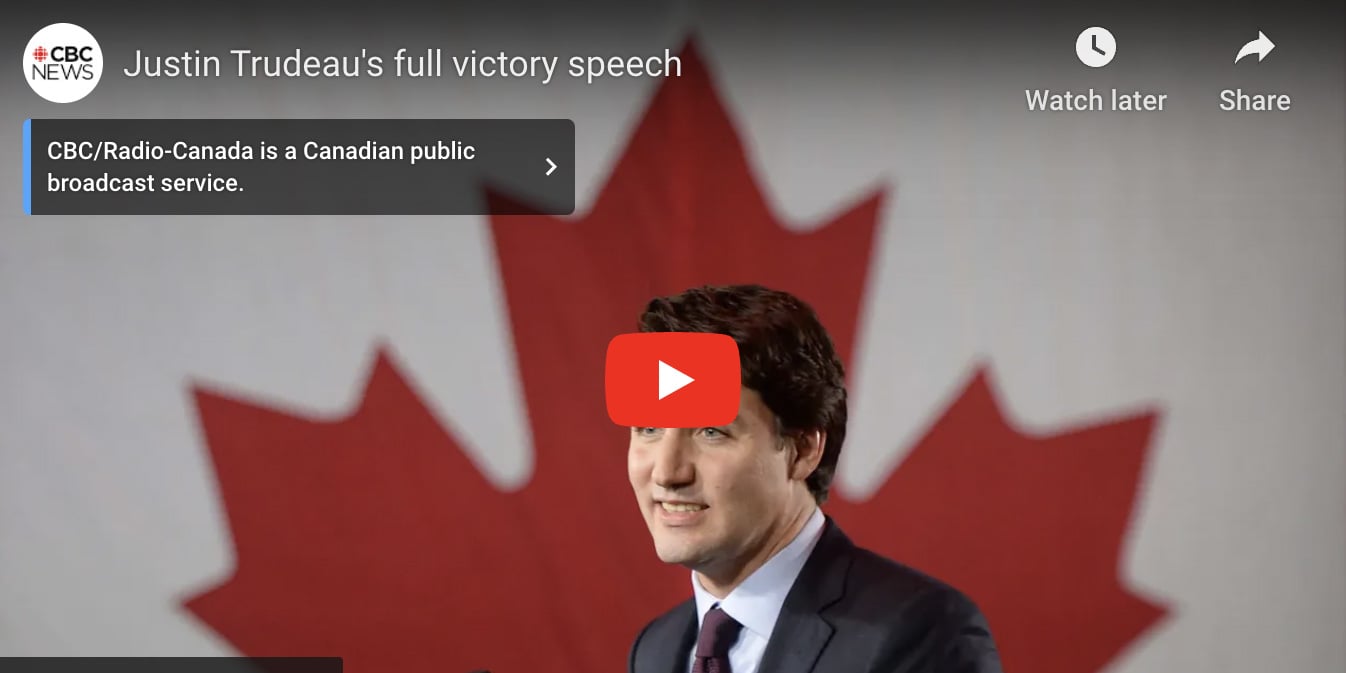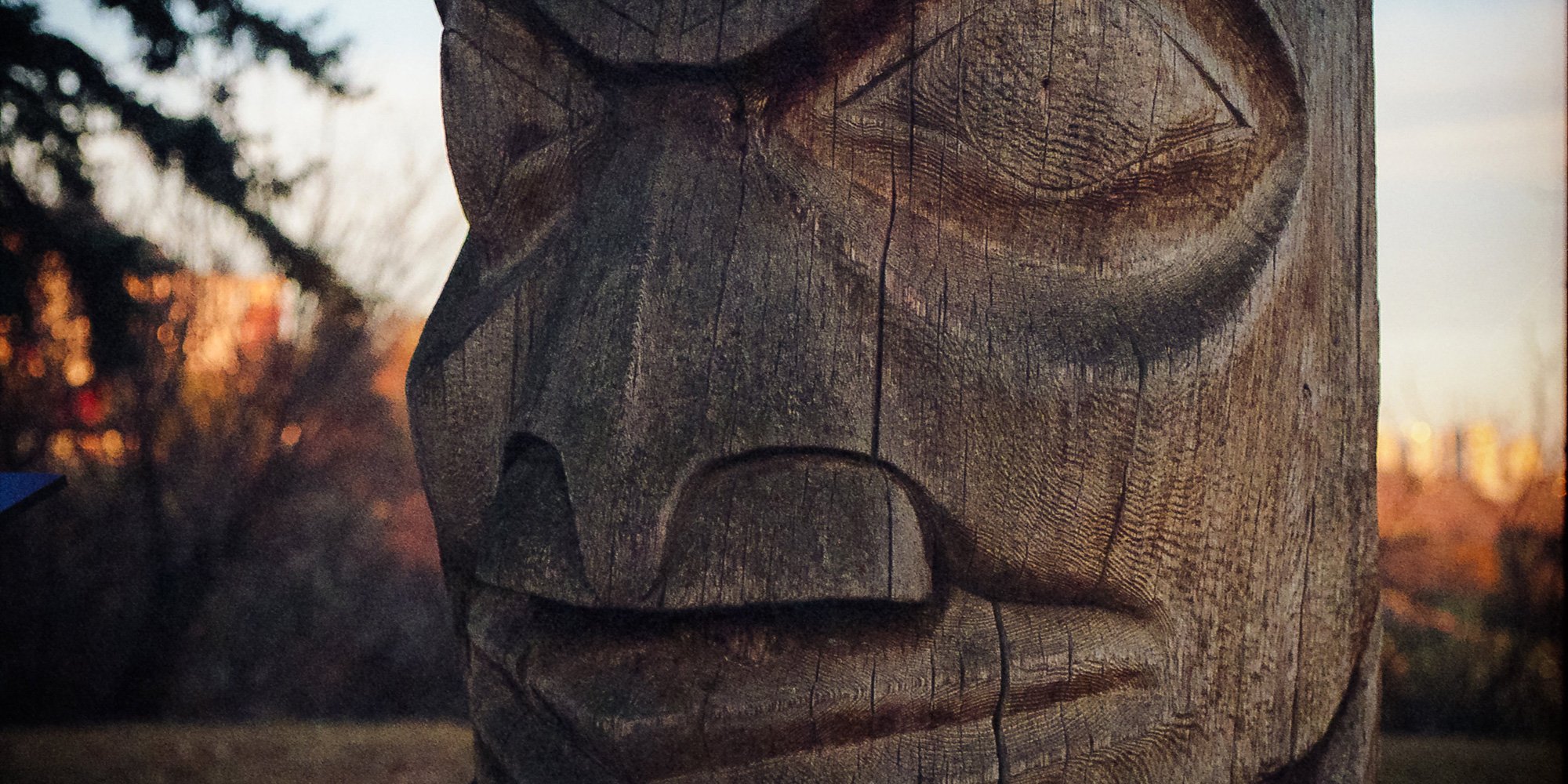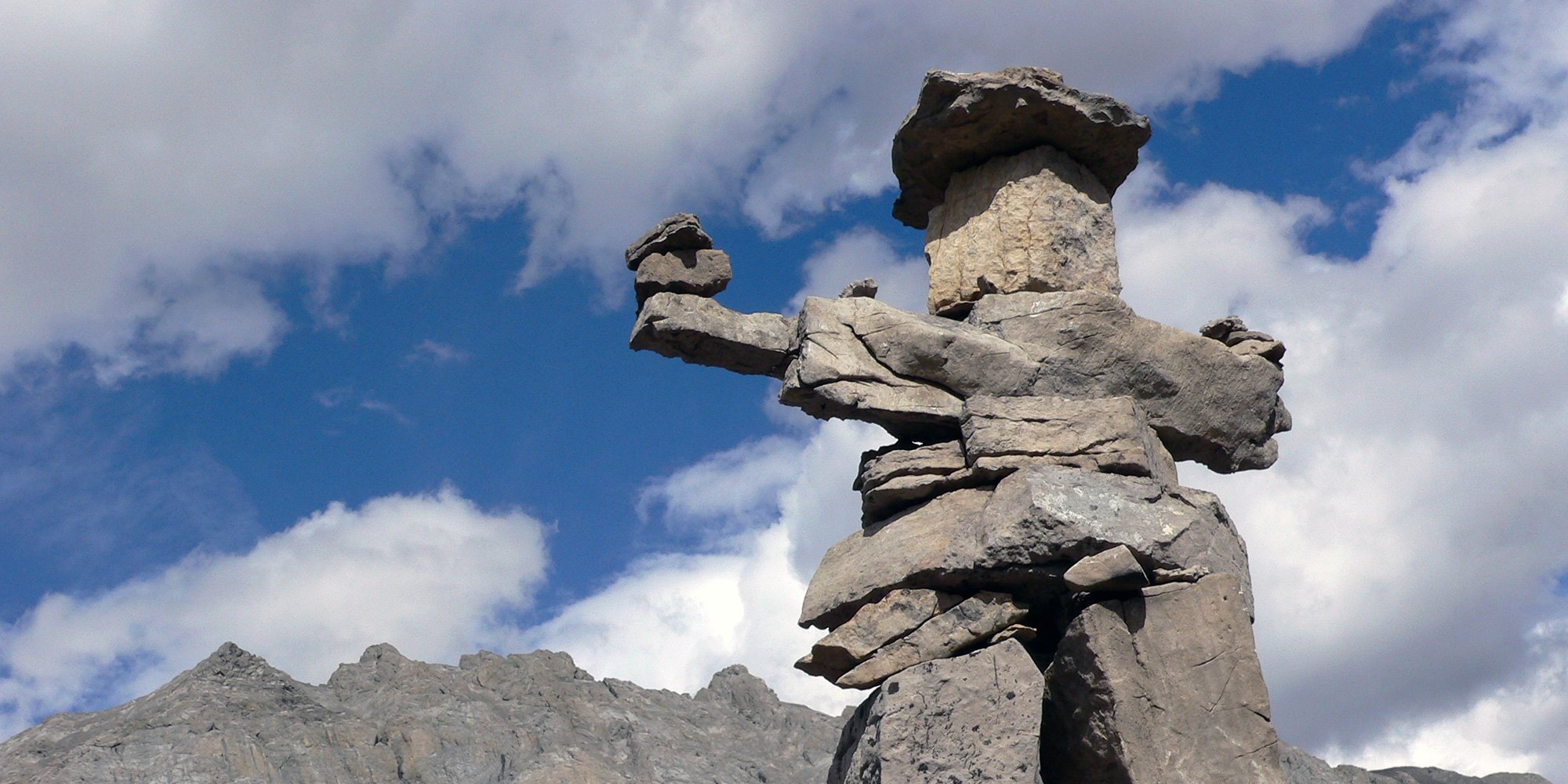Indigenous or Aboriginal: Which Is Correct?
“Which is correct? Indigenous or Aboriginal” is a frequently asked question for us at Indigenous Corporate Training Inc. The federal government’s...
2 min read
Bob Joseph October 26, 2015

We were very interested to hear Prime Minister-designate Justin Trudeau, in his victory speech, reference an intention for a "renewed nation-to-nation relationship with Indigenous Peoples that respects rights and honours treaties". As far as we know, he is the first prime minister to ever acknowledge, in their victory speech, the “nation-to-nation” relationship which dates back to 1763 when the Royal Proclamation was signed by King George III.
Here's a youtube video of Justin Trudeau's victory speech - he makes the reference at about the 15-minute mark.
The relationship between the Crown and Aboriginal Peoples has been driven primarily by the Royal Proclamation of October 1763. Of particular importance are the passages below which state,
It is just and reasonable and essential to our Interest, and the Security of our Colonies, that the several Nations or Tribes of Indians with whom We are connected, and who live under our Protection, should not be molested or disturbed in the Possession of such parts of our Dominions and Territories as not having been ceded to or purchased by Us, are reserved to them, or any of them, as their Hunting Grounds…any Lands whatever, which, not having been ceded to or purchased by Us as aforesaid, are reserved to the said Indians, or any of them. …
And We do hereby strictly forbid, on Pain of our Displeasure, all our loving Subjects from making any Purchases or Settlements whatever, or taking Possession of any of the Lands above reserved, without our especial leave and Licence for that Purpose first obtained.
And We do further strictly enjoin and require all Persons whatever who have either wilfully or inadvertently seated themselves upon any Lands within the Countries above described or upon any other Lands which, not having been ceded to or purchased by Us, are still reserved to the said Indians as aforesaid, forthwith to remove themselves from such Settlements. [emphasis added] [1]
“The idea of “Nations” comes from King George III and his colonial government and confirms the international convention of the day that colonizing countries that reached inhabited lands were to conduct government business with the inhabitants on a Nation-to-Nation basis and those inhabitants as owners of the lands.
Even today, under the British Columbia Treaty Commission and the federal comprehensive claims policy, Aboriginal Peoples have been approached by governments on a Nation-to-Nation basis. Any efforts to treat Aboriginal Peoples as anything less will likely be met with resistance by the Aboriginal community. “[2] Not to mention the fact that the courts recognize Aboriginal nations, as in the Mikisew Cree case.
The government of Canada, under the outgoing prime minister, fought against the 2007 UN Declaration on the Rights of Indigenous Peoples; Canada was one of just four countries that did not sign the Declaration; 144 countries adopted the Declaration. On November 12, 2010, the government reversed its position and joined the other signatories. Here are a couple of passages from the government's Statement of Support:
Canada's Statement of Support on the United Nations Declaration on the Rights of Indigenous Peoples:
Today, Canada joins other countries in supporting the United Nations Declaration on the Rights of Indigenous Peoples. In doing so, Canada reaffirms its commitment to promoting and protecting the rights of Indigenous peoples at home and abroad.
The Government of Canada would like to acknowledge the Aboriginal men and women who played an important role in the development of this Declaration.
The Declaration is an aspirational document which speaks to the individual and collective rights of Indigenous peoples, taking into account their specific cultural, social and economic circumstances. [3]
From our perspective, the reference to “nation-to-nation” sets the stage for an interesting few years of policymaking with Prime Minister Justin Trudeau at the helm.
[1] Royal Proclamation
[2] Excerpt from the 3rd edition of our book Working Effectively with Indigenous Peoples® (available for purchase online in print or ebook)
[3] Aboriginal Affairs and Northern Development Canada website

“Which is correct? Indigenous or Aboriginal” is a frequently asked question for us at Indigenous Corporate Training Inc. The federal government’s...

Indigenous peoples have known for thousands of years how to care for our planet. The rest of us have a lot to learn and no time to waste Prime...

When we prepare an article for our blog, Working Effectively with Indigenous Peoples®, we put considerable thought into the title - how will it...